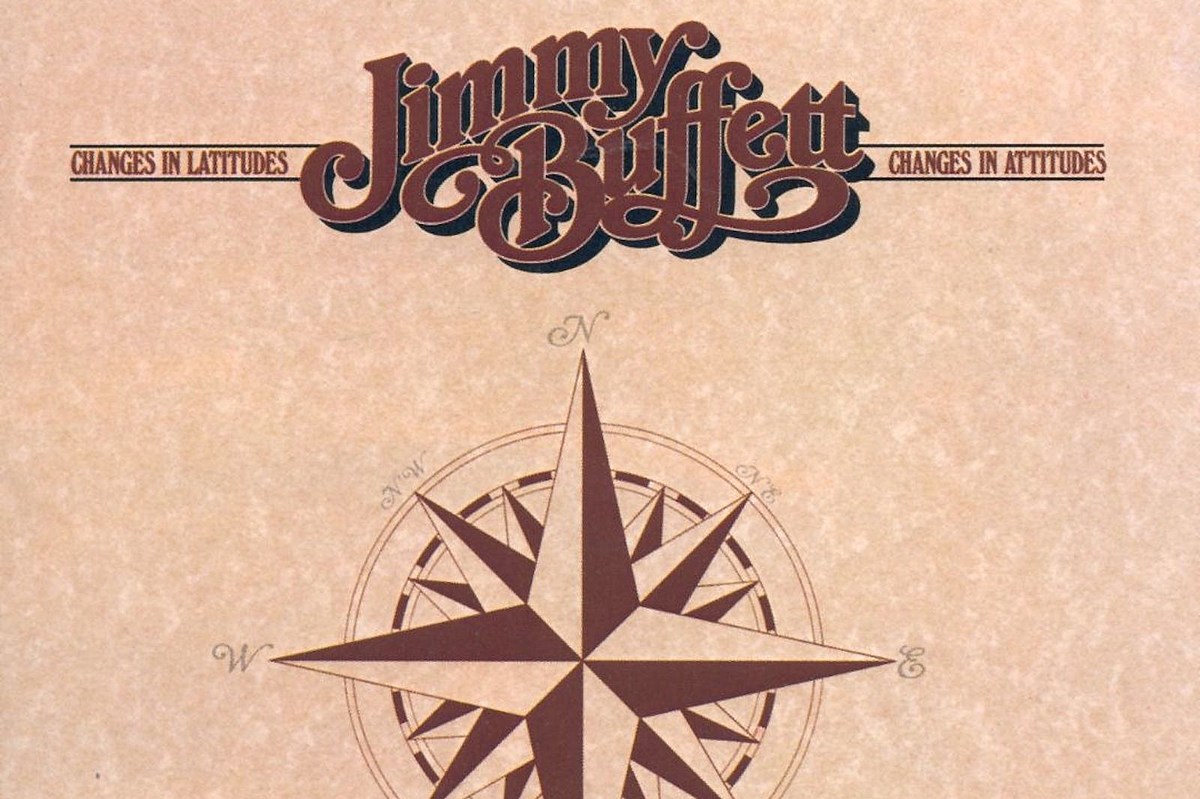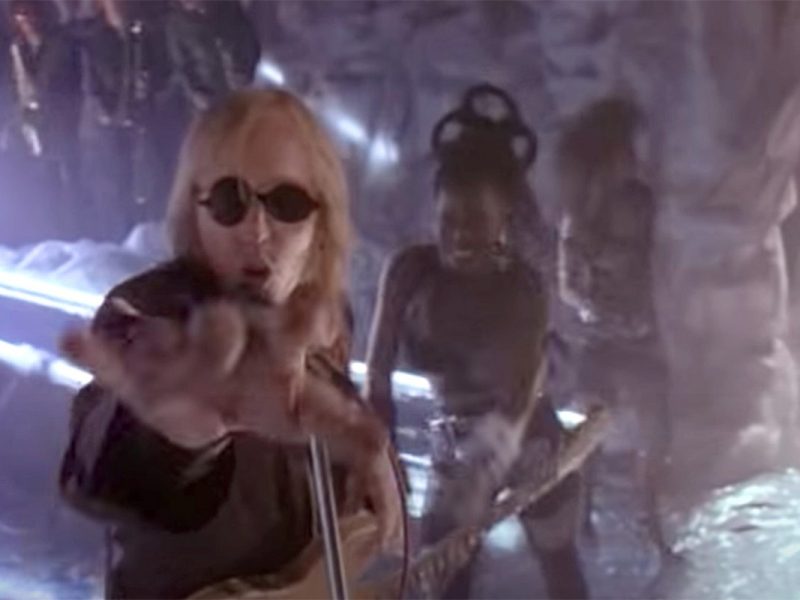Jimmy Buffett had been mining the carefree geniality of Key West, mixed with a bit of country charm, since his debut album in 1970. But on Changes in Latitudes, Changes in Attitudes, the well-traveled Mississippi-born troubadour found a wave he would ride to fame, fortune and perpetual good-natured fun.
Released on Jan. 20, 1977, his seventh album was a breakthrough statement of purpose that was led to iconic notoriety that’s carried him ever since.
“We didn’t really think of it as, like, the Big One or anything at the time,” Buffett tells UCR. “I felt like we’d made a good album, probably the best one yet. Obviously, it started something.”
Changes in Latitudes was, in fact, the beginning of Jimmy Buffett as a state of mind and a lifestyle, embodied by the album’s title track and its first single – “Margaritaville,” which dated back to 1973 – and the joy of sipping a margarita in an Austin, Texas bar. Both drew the definitive picture of Parrothead bliss (though the term would not be coined for a few more years) and finding the key to a good life in cold drinks, warm sand, gentle breezes, a hammock and a shaker of salt. For Buffett, these were the cures to all ills, even if the occasional pop-top bloodied the bottom of your foot.
Beyond that, Changes in Latitudes, Changes in Attitudes is simply a damn good album, a singer-songwriter collection with a fully realized sound and a tightly locked perspective.
Listen to Jimmy Buffett’s ‘Margaritaville’
Buffett, who wrote seven of the 10 tracks, hit an early composing peak not only with the hits but with tunefully mellow fare such as “Wonder Why We Ever Go Home” and “In the Shelter” and the spirited rock of “Tampico Trauma” and “Landfall.” The covers, too, were well chosen, with Buffett’s ace performances of Steve Goodman’s “Banana Republics” and Jesse Winchester’s “Biloxi” suiting his story to a T.
Changes in Latitudes was Buffett’s best-sounding album to date as well. Working at studios in Miami and Nashville, Muscle Shoals musician-turned-producer Norbert Putnam applied skills honed with Elvis Presley, Roy Orbison and others to bring the album a polish and dynamic that was missing from its predecessors.
He helped develop the Coral Reefer Band into a supple, potent outfit, whether it was layering Buffet’s and Michael Jeffry’s guitar or picking the right spots to highlight Greg “Fingers” Taylor’s harmonica. Putnam also arranged strings for the title track and “Biloxi,” and collaborated with keyboardist Michael Utley to do the same for “Tampico Trauma” and “Banana Republics.”
All of that resulted in Buffett’s long-awaited breakthrough: Changes in Latitudes, Changes in Attitudes hit No. 12 on the Billboard 200 and No. 2 on the Top Country Albums chart – by far Buffet’s best showing on both – and became his first platinum album. “Margaritaville” was Buffett’s initial Top 10 hit, peaking at No. 8 on the Billboard Hot 100 and topping the Adult-Contemporary chart. The title track also entered the Top 40. Both songs are now considered part of “the Big 8” songs that Buffett has to include in every concert.
Listen to Jimmy Buffett’s ‘Changes in Latitudes’
Buffett followed the album’s release by opening for the Eagles, and the commercial success allowed him to headline larger venues on his own, spreading the Margaritaville mindset across the country.
“I thought in a way we were bringing the ocean to … people who’d never seen it,” Buffett says. “We’d seen the world and kinda brought it back to them, from a beach-bum perspective, and I think everyone connected to that. There was no master plan; we just did it – and they came. Then they started dressing up. We didn’t go, ‘Hey, go out and get these outfits.’ They bought the Hawaiian shirts and everything else, and I just ran with it.”
The Parrothead moniker, Buffett added, came from Timothy B. Schmit during the Eagles bassist’s mid-80s tenure with the Coral Reefers.
Margaritaville, of course, only becomes more populous with each successive year, a trend that shows no signs of ending until Buffett decides to shut it down. Even then, it’s likely the Parrotheads will still be wasting away. But Changes in Latitudes will forever be considered the opening date, where the ideas that had been swirling around the attitude we all know and love.
Top 100 ’70s Rock Albums
From AC/DC to ZZ Top, from ‘Bridge Over Troubled Water’ to ‘London Calling,’ they’re all here.
Gallery Credit: UCR Staff



